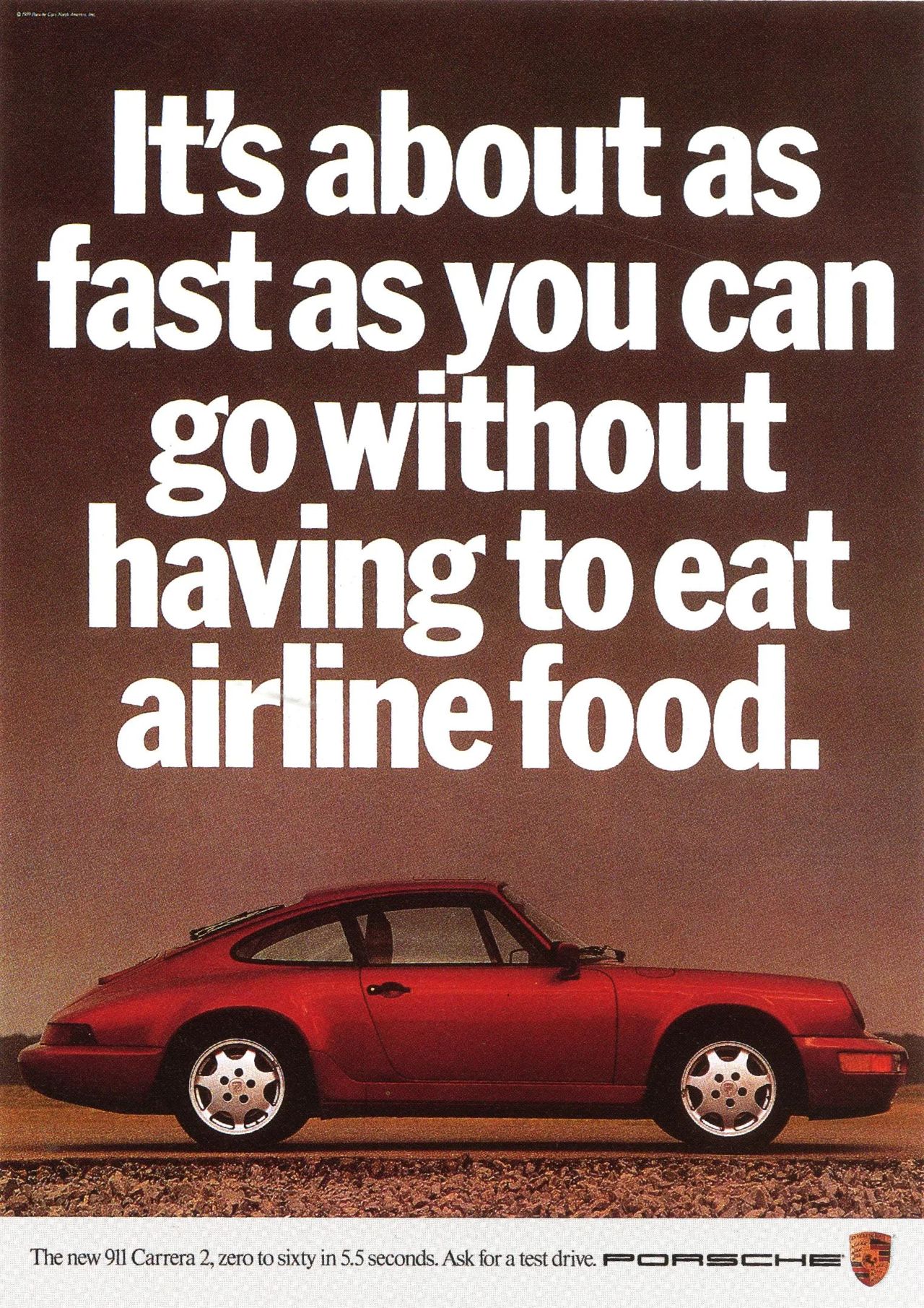When capitalism ends, what happens to advertising?
When it comes to advertising, many people would say the most important 'c' involved is creativity. But what if it's not? What if capitalism holds the key to the future of the business? And what happens, asks The Moon Unit, if capitalism crumbles?
In advertising, our job is to paint a smile on the face of the machine. Capitalism has no feelings. Its imperative is solely to grow profits, whatever the cost to people’s health, happiness, or to the planet. And it operates via a form of corporate warfare, in which companies spend all day trying to destroy each other.
The future of advertising is inextricably bound to the future of capitalism.
This is wonderful for the ad industry. Corporations have a desperate need for advertising in order to sell us more and more stuff and to beat their competitors. In communist China and the Soviet Union, there was no advertising (other than state propaganda), because it wasn’t needed. But, under capitalism, advertising has thrived. Thus, the future of advertising is inextricably bound to the future of capitalism.
When capitalism evolves, advertising will too. So, how will capitalism evolve?

Above: If we’re faced with a choice between continuing to be able to buy 214 different types of chocolate and the survival of humanity, hopefully we’ll choose the latter.
First, we have to acknowledge the possibility that we may be forced to end capitalism to save humanity, as unimaginable as that may sound. It could be argued that a healthy ecosystem and capitalism cannot co-exist, and that as long as the current neoliberal system prevails, we're stuffed. Endless growth, finite planet and all that.
If we’re faced with a choice between continuing to be able to buy 214 different types of chocolate at the supermarket and the survival of humanity, hopefully we’ll choose the latter. But even assuming for a moment that the environmental problem is solved, even partially, by technological innovation, what then?
It could be argued that a healthy ecosystem and capitalism cannot co-exist, and that as long as the current neoliberal system prevails, we're stuffed.
Logically, capitalism can’t last. It seems inevitable that technological progress will – one day – enable us to create an infinite supply of goods at near-zero cost. For example, the price of a 40-inch TV set has already fallen by 99% in the last 25 years. Once goods are made for next to nothing, presumably by solar and wind-powered machines, maybe we will no longer need to work.
The idea may seem fanciful, but we’re already on the way. Increased productivity has seen average work hours in developed countries fall from 3,000 hours per year in 1870, to 1,892 hours per year (36.4 hours per week) in 2023. OK, jokes, but the consequences for capitalism are surely terminal. Capitalism only exists due to scarcity – it’s only because the world doesn’t have an infinite supply of goods that we invented money to determine who gets what.

Above: A Porsche ad by Fallon McElligott, from 1989. If technology causes the cost of manufacturing cars to fall to zero, Porsche will no longer need to advertise.
The knock-on effect for our beloved industry is equally lethal. Currently, the cost of materials and labour required to make, for example, a Porsche, is very high, which means they cost a lot to buy, and there are big profits to be made from selling them. Thus, it makes sense for the people who make Porsches to spend money on advertising, to persuade consumers to buy one of their cars rather than a Mercedes, or a Corvette.
If the cost to make a Porsche falls to near zero, and anyone can just create one at the press of a button, there’ll be no need to advertise them.
But if the cost to make a Porsche falls to near zero, and anyone can just create one at the press of a button, there’ll be no need to advertise them. Our industry will cease to exist. Not only will the profit-maximising function of advertising disappear, its psychological power evaporates too.
You see, in addition to helping companies compete, advertising has prospered thanks to a flaw in human nature. In his book The Theory of the Leisure Class (1899), American economist and sociologist Thorstein Veblen introduced the idea of ‘conspicuous consumption’, which he defined as the application of wealth towards the display of a higher social status, e.g. by buying silver cutlery, designer clothes, or an over-sized house.
But, if everyone can have a Porsche, it no longer signals status.

Above: The Theory of the Leisure Class explains the appeal of material goods – the stuff we make ads for – by the role they play in social signalling.
Incidentally, Veblen didn’t just focus on conspicuous consumption, but also conspicuous leisure. How many of us today spend our wealth on conspicuous leisure experiences, like Taylor Swift concerts, or holidays in exotic destinations, purely so we can brag about them on our social media channels? Thankfully, this too will end, once these experiences are available to many, and no longer signal our perceived and self-delusional ‘superiority’.
Of course, any futurist is writing in the shadows of the greats: Ray Kurzweil, James Lovelock, Marshall McLuhan and, arguably the two biggest titans of prediction, Aldous Huxley (Brave New World) and George Orwell (1984), who had vastly opposing visions. And we now know that Huxley was right, and Orwell was wrong.
Western governments haven't needed armies of secret police to keep the population docile. Reality TV, football and fast food have largely done it for them.
The future will not be about censorship, state control of the individual and mass political indoctrination. That was true in Orwell’s time – in Nazi Germany, and Soviet Russia – but though it persists in China, and in various dictatorships around the world, it hasn’t come to pass in advanced western societies. The modern Orwellian tools of manipulation such as deepfakes and bots are being employed by individuals and the occasional bad state actor, but not liberal democracies... yet.
Modern democracies, and humanity’s future, look far more like Huxley’s vision, in which the population seeks only pleasure, and is mollified by mass entertainment and drugs. Huxley’s vision is even more chilling than Orwell's, in a way. Western governments haven't needed armies of secret police to keep the population docile. Reality TV, football and fast food have largely done it for them.
And, sadly, neither Huxley’s nor Orwell’s society had a place for advertising.
)




 + membership
+ membership








